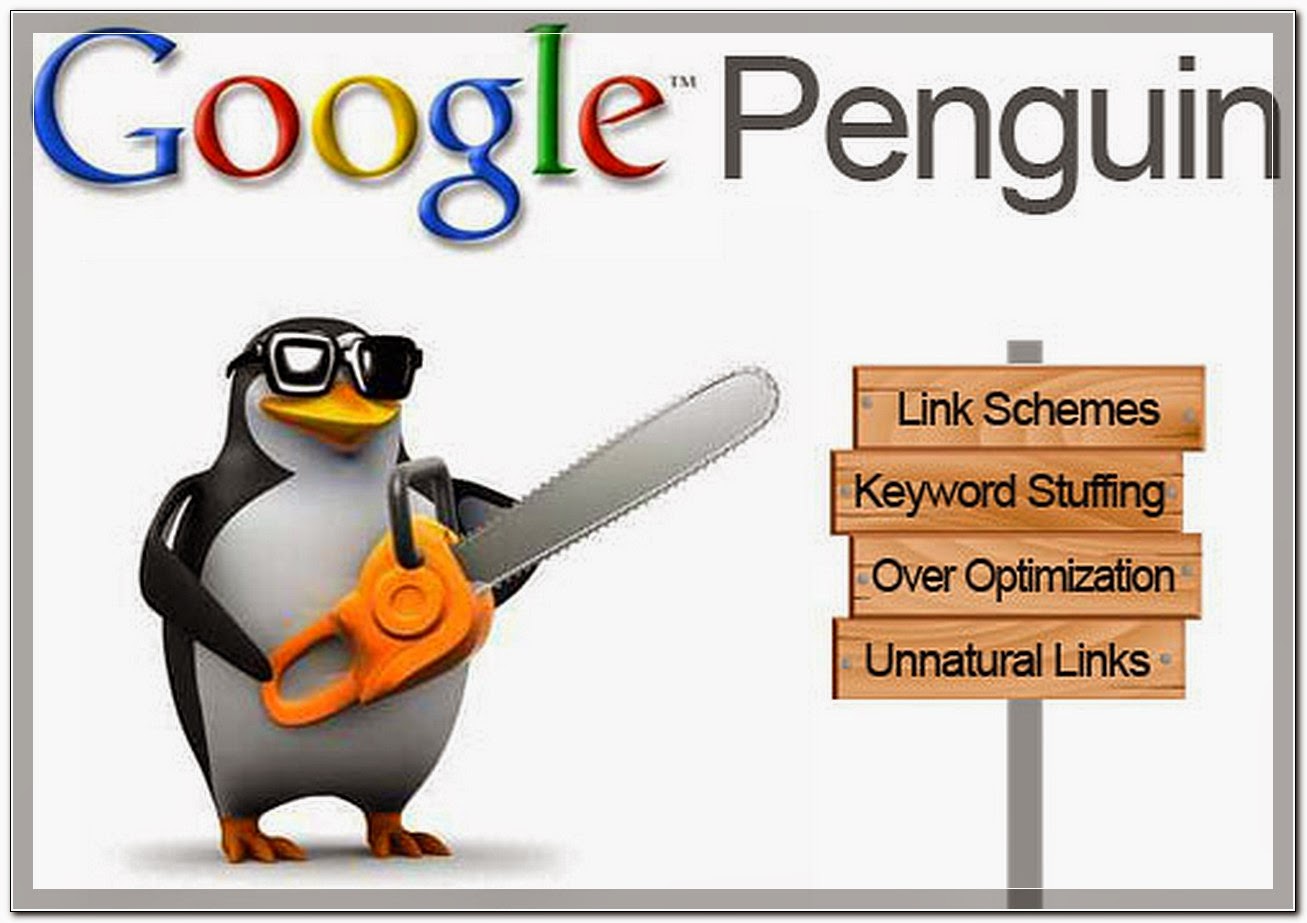One of the buzz technologies at the moment is the Virtual Reality headset ("VR"). The surge of interest started with the Google Glass experiment but close off the back of that came the full on Oculus Rift ("OR") headset. The OR was originally a Kickstarter project that quickly gained momentum and raised $2.5 Million which led to Facebook acquiring the company. Other corporates quickly moved to enter this space (Samsung, HTC, Sony etc.) and there are now 20+ VR technologies hitting the market, primarily aimed at the gaming consumers.
We've been here before ...
VR is not new as a technology. Nintendo has already tried to bring VR to gaming, amazingly, back in in 1995! The Virtua Boy was a desktop gaming device that was revolutionary in its day and promised gamers a whole new paradigm for playing games.
It didn't work commercially. The tech itself left a lot of players with headaches - a problem that has not been resolved by the modern VR headsets. The games were interesting but the real limitation was that you couldn't play-on-the-go, something that Nintendo had pioneered with the Gameboy.
Why is it different now ...?
Actually it isn't. The tech within the new VR headsets is better in terms of construction and definition, the resolution of the OR is 2160x1200 which is very detailed by comparison to Nintendo's Virtua Boy. Outside of the fact that the resolution has increased, all the problems with the Virtua Boy persist:
- A lot of players still suffer headaches, this is due to in-balances with the players vision that the brain struggles with.
- Many people feel very self-concious whilst wearing the headset, its an uncomfortable feeling in a psychological sense.
- Despite the fact that the headsets are not desk based as per the Virtua Boy its still not possible to play on the go.
Way Forward or White Elephant?
There will always be a hardcore gaming market that will early-adopt this stuff and power the commercial development of both the hardware and the software. New technologies need to breakout into the mass market quickly if they're going to succeed, some can exist under the radar and ferment for a while, but most have 18 months to go mainstream or die.
The mass market is really about what players want under tight constraints in terms of time and money. My general thoughts are around the trip to work. If someone can pick-up and play on the bus for the 10-15 minute travel to work then this is where the real big number of potential players kicks in. I frequently see 50% of my fellow commuters involved in some form of mobile entertainment on the way to work - the liquidity in this part of the market is enormous. The VR headsets don't meet the limitations in this part of the market and therefore they need to appeal to the hardcore and console gamers.
My personal opinion right now is that this first generation of VR headsets are a white elephant. There will be a couple of years of hype and as with 3D movies at the cinema, the interest and the investment will dry up. Having said that, I don't see a 20yr gap between iterations like we saw from Virtua Boy to Oculus Rift. I can envisage maybe a 3-5 year hiatus and then the next generation of devices will probably be a more realistic proposition. I see it following the same trajectory as gaming on demand. The early entrants into the market OnLive and Gaikai are the good examples - OnLive launched and went bust, Gaikai never launched even after Sony acquired it. VR Headset technology is still somewhat in the future for most people.












